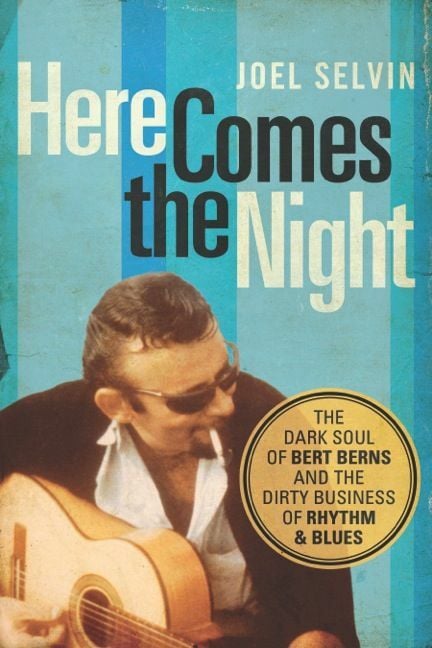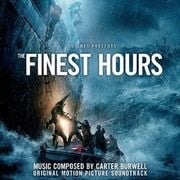New York, NY (Top40 Charts) The Rock & Roll Hall of Fame has announced that Bert Berns is the 2016 Ahmet Ertegun Award Lifetime Achievement Inductee. The announcement caps an incredible renaissance over the last few years for the songwriter, producer and record label chief, who died in 1967 but has left an indelible mark on music history. (https://rockhall.com/inductees/). The award honors songwriters, producers, disc jockeys, record executives, journalists and other industry professionals who have had a major influence on the development of rock and roll.
Following his death in 1967, Bert Berns drifted into total obscurity while his colleagues received numerous citations and awards. But his songs never died, and found their way into iconic films such as The Blues Brothers (Everybody Needs Somebody To Love), The Big Chill (Tell Him), Dirty Dancing (Cry To Me) and Ferris Bueller's Day Off (Twist and Shout).
Prominent covers included
Bow Wow Wow's I Want Candy and
David Bowie's Here Comes The Night.
Music writer Joel Selvin's biography Here Comes The Night was released in 2014 to widespread critical acclaim, and that same year the musical Piece of My Heart: The Bert Berns Story had a world premiere Off-Broadway at the Pershing
Square Signature Center. The extended run received a positive review from the New York Times, who called the show "gorgeously tuneful." It was recently announced that the musical will open on Broadway with Steven & Maureen Van Zandt, Paul Shaffer and Joe Grano (Jersey Boys) as lead producers (with SVZ also aboard the creative team as music director), planned for the 2016-17 season.
In 2016, the documentary BANG! The Bert Berns Story starring Paul McCartney, Van Morrison, Ronald Isley, Solomon Burke and
Ben E. King will have its world premiere.
BERT BERNS BIO
Bert Berns was one of the great record men of the New York rhythm and blues scene of the Sixties. Berns produced fifty-one chart records in seven years, most of which he also wrote. His songs have been recorded by The Beatles, Rolling Stones, Led Zeppelin. Janis Joplin made her career with her version of his "Piece Of My Heart," a song he wrote and produced for Erma Franklin, Aretha's sister, only weeks before his death on December 30, 1967 at age 38. It was a song that came straight out of his own pathology; Berns contracted rheumatic fever as a teen and was told he would not live to be 21. He started in the record business at age 31 in 1960 as a $50 a week song plugger and by the end of the next year was living in a Manhattan penthouse with a fishbowl crammed with royalty checks he was too busy to take to the bank. He was taken under the wing of Atlantic Records partner Jerry Wexler, who gave Berns' song "Twist and Shout" to unknown nineteen year-old record producer Phil Spector to cut with a group called the Top Notes. Spector eliminated the Afro-Cuban rhythm, rewrote the song into a mundane blues shuffle and cut a record that was forgotten almost as soon as they left the studio. Berns took the song to Scepter Records, where he cut a smash with the Isley Brothers in 1962. He produced a series of hits with Solomon Burke, beginning with his "Cry To Me" in 1962, that established Burke as one of the signal figures of r&b and helped save Atlantic from insolvency. In 1963, after The
Beatles turned "Twist and Shout" into a worldwide hit, Berns became the first American producer to work in a British studio, conducting sessions for the British Decca label. He returned the following year to record Irish rock group Them on his song "Here Comes the Night" featuring vocalist Van Morrison. Back in the US, he formed Bang Records with the partners from Atlantic in 1965 and had hits out of the box with "
I Want Candy" by The Strangeloves and a No. 1 hit by The McCoys, who covered an old song of Berns' they retitled "Hang On Sloopy." He signed
Neil Diamond in 1966 and shepherded Diamond's first hits with his close friends, songwriter-producers Jeff Barry and Ellie Greenwich. He also brought
Van Morrison to New York and produced his first solo album, including "Brown Eyed Girl" in 1967. Berns was at the peak of the Midtown music scene when the long-anticipated fatal heart attack struck.
























